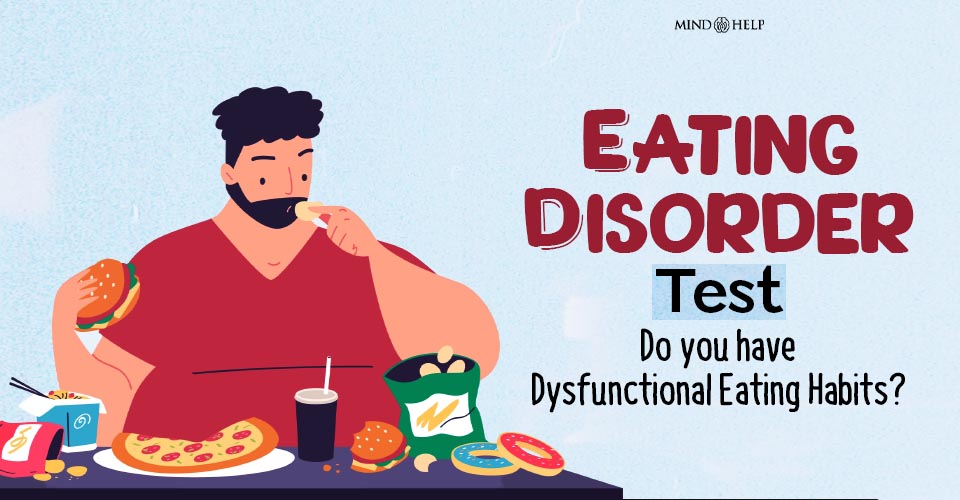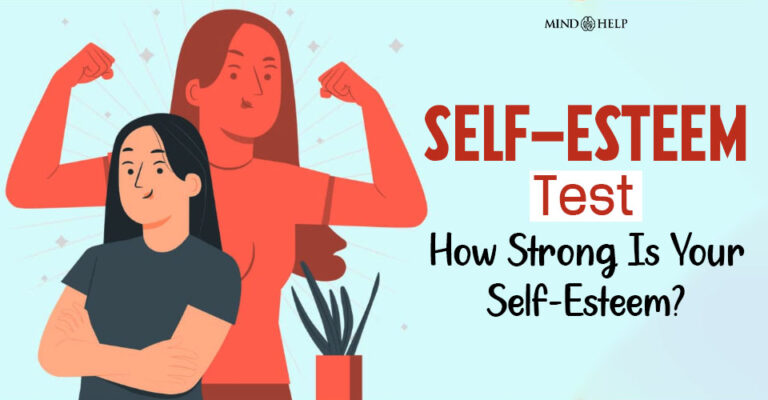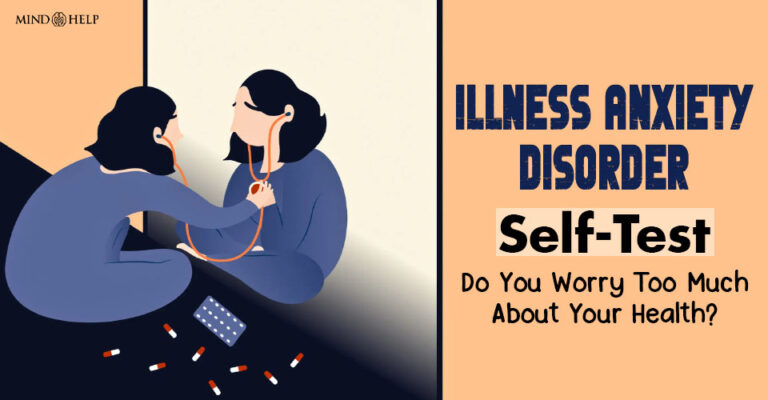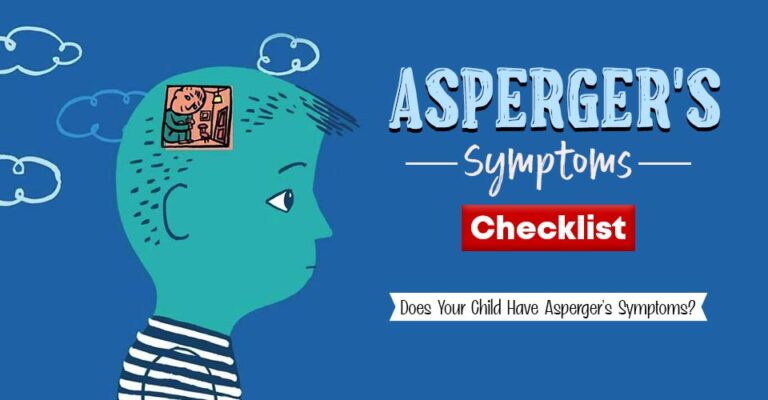Do you have an unhealthy relationship with food? Our free Eating Disorder Test can offer some valuable insights into your eating habits.
Do you have dysfunctional eating habits? All of us have our own unique eating habits but some of us tend to struggle with food, weight, and health more than others. If you are worried about your eating habits, then take this online free Eating Disorder Test to check if you can relate to these symptoms.
Please note: This is a self-assessment tool and not a diagnostic test.
What Are Eating Disorders?
Eating disorders are serious mental health conditions characterized by severe and persistent disturbance in eating behaviors, associated with distressing thoughts and emotions.
They can have a serious impact on the physical, psychological, and social functioning of an individual on a regular basis.
Types of eating disorders include anorexia nervosa, bulimia nervosa, binge eating disorder, avoidant restrictive food intake disorder, other specified feeding and eating disorder, pica, and rumination disorder.
Eating disorders affect up to 5% of the population, and most often develop in adolescents and young adults.
Behaviors associated with eating disorders include restrictive eating or avoidance of certain foods, binge eating, purging by vomiting or laxative misuse, or compulsive exercise.
People with this condition are also at a higher risk for suicide and other medical complications.
Read More About Eating Disorder Here
Instructions For Taking Eating Disorder Test Online
A list of questions is mentioned in this Eating Disorder Test which is related to life experiences that are common among people who have Eating Disorder-related behaviors. Please read each question carefully, and indicate how often you have experienced the same or similar signs.
Frequently Asked Questions (FAQs)
How to tell if you have an eating disorder?
If you’re concerned about having an eating disorder, watch for signs like extreme focus on weight or body shape, restrictive eating, binge eating, purging behaviors (such as vomiting or misuse of laxatives), excessive exercise, or significant distress about eating habits. These behaviors can indicate disorders like anorexia nervosa, bulimia nervosa, or binge-eating disorder. Early recognition and seeking professional help are crucial for effective treatment.
What are 5 warning signs of anorexia?
Key signs of Anorexia nervosa include: significant weight loss or failure to maintain healthy weight, intense fear of gaining weight, distorted body image, preoccupation with food and dieting, and avoidance of meals or eating in secret.
Why do I find it difficult to eat?
Difficulty eating can be caused by emotional issues like anxiety or depression, medical conditions, eating disorders (like anorexia or Avoidant/Restrictive Food Intake Disorder), medication side effects, or dental problems. If it persists, professional help is recommended.








